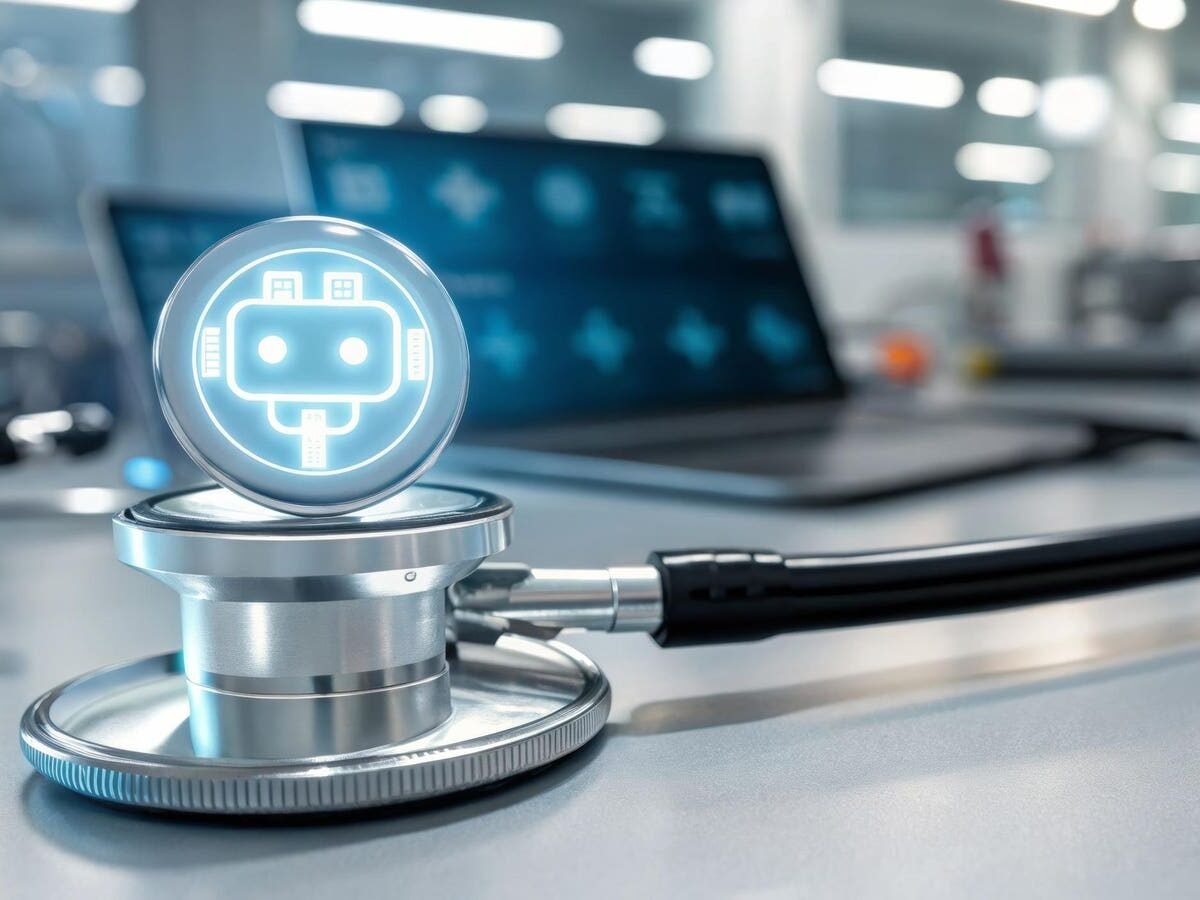The Future of Healthcare: Innovations Shaping 2026
As we immerse ourselves in 2026, the intersection of technology and healthcare is poised for extraordinary advancements. Innovations driven by artificial intelligence (AI), quantum computing, robotics, and synthetic data are redefining patient care, diagnostics, and treatment methodologies. Here’s an engaging exploration of the most critical trends transforming healthcare today.
1. Generative AI in Drug Discovery
Generative AI is increasingly influential in pharmaceuticals, transforming the drug discovery process. In 2025, we witnessed substantial achievements, ranging from designing compounds to combat drug-resistant bacteria to fast-tracking new treatments into clinical trials. As we enter 2026, researchers are expected to leverage generative AI to streamline candidate analysis, simulate biological interactions, and produce affordable medications. The ability to recreate complex biological processes through AI models promises to accelerate the development of innovative medicines, ultimately redefining therapeutic landscapes.
2. AI Agents Elevating Healthcare Experiences
AI is evolving beyond basic chatbots into sophisticated digital agents. These AI agents are set to handle complex tasks autonomously—from triaging patient symptoms and scheduling appointments to analyzing lab results and managing follow-up care. Hospitals will utilize these agents to create a seamless patient journey, reducing administrative burdens on healthcare providers. Additionally, patients can harness these intelligent agents to monitor their health compliance and detect early warning signs, initiating timely interventions.
3. The Transition from Remote Healthcare to Virtual Hospitals
Telemedicine has developed significantly, morphing into fully-fledged virtual hospitals by 2026. These healthcare hubs deliver a comprehensive spectrum of services directly to patients’ homes or link local facilities with specialists worldwide. For instance, initiatives like Saudi Arabia’s SEHA Virtual Hospital connect numerous healthcare facilities, optimizing patient care delivery. Similarly, the UK’s NHS is embracing its own online hospital to enhance patient control over their healthcare experience. As the elderly population grows and healthcare access becomes increasingly crucial, virtual hospitals will be vital in addressing healthcare disparities.
4. AI Empowering Medical Diagnosis
AI’s role in diagnostics is arguably one of the most promising areas of development. Early diagnosis is often critical for effective treatment, and AI tools have gained traction in 2025 for identifying conditions like breast cancer and cardiac issues. In 2026, these technologies will expand further, providing healthcare professionals with decision-support tools that allow them to focus more on direct patient interaction rather than spending excessive time on analyzing scans. This shift will not only humanize healthcare but also enhance the precision of diagnoses, ultimately saving lives.
5. CRISPR Enhanced by AI
The convergence of CRISPR technology and artificial intelligence is heralding a new era in gene therapy. AI’s ability to guide gene editing promises faster, safer, and more precise experiments on genetic materials. With breakthroughs already occurring in 2025, the potential for AL-driven CRISPR applications in treating diseases like cancer and cystic fibrosis is on the rise in 2026. This intersection may introduce personalized medicine to the forefront, tailoring treatments based on individual genetic profiles.
6. Quantum Computing’s Impact on Healthcare
As quantum computing transitions from the experimental realm into practical applications, its implications for healthcare are exciting. The ability to model biological systems at the quantum level can lead to accurate simulations of drug interactions, protein folding, and genetic processes. Collaborations such as those between IBM and Moderna showcase promising strides in mRNA research. As quantum technology matures, 2026 could very well be the year we witness fundamental shifts in how we conduct medical research and development.
7. Robotics in Action within Healthcare
The presence of robots in healthcare settings is set to surge in 2026, fulfilling roles ranging from surgical assistance to logistical support. Robotic systems are already being employed for surgeries, reducing recovery times and enhancing precision. Additionally, robotic porters in hospitals facilitate the movement of supplies, allowing human staff to concentrate on patient care. The real-world impacts of robotic assistance on overall healthcare efficiency and patient outcomes will become increasingly clear, as their integration into daily operations grows.
8. The Revolution of Synthetic Health Data
Synthetic data, generated by AI, presents a transformative opportunity for research and clinical trials. By producing datasets that emulate real patient scenarios without compromising privacy, pharmaceutical companies can expedite the development of diagnostic and treatment models. As this approach escalates, so does the need to scrutinize it critically for risks, such as potential data inaccuracies leading to “AI rot.” In 2026, the balance between innovation and caution will be paramount as we navigate the ethical landscape of synthetic data utilization in healthcare.
In an age where technology continuously reshapes our world, healthcare stands at the forefront of innovation. The challenge remains for leaders, policymakers, and practitioners to ensure that as we embrace these advancements, we maintain a focus on ethics, patient care, and the invaluable human connection that lies at the heart of healthcare. By harnessing the power of emerging technologies responsibly, we can pave the way for a healthier, more connected future.





